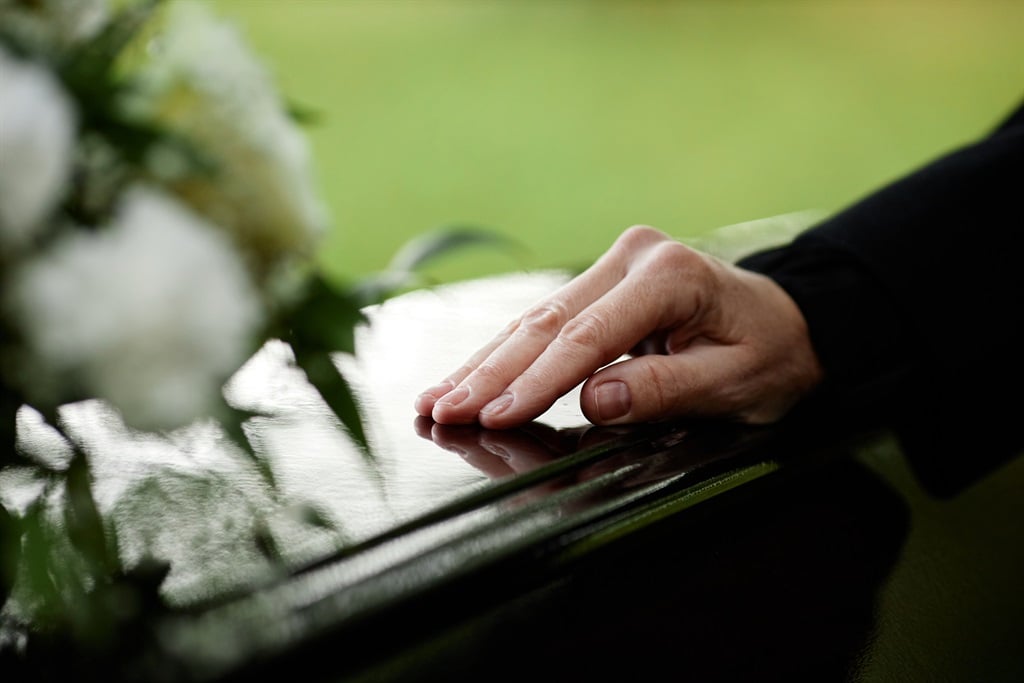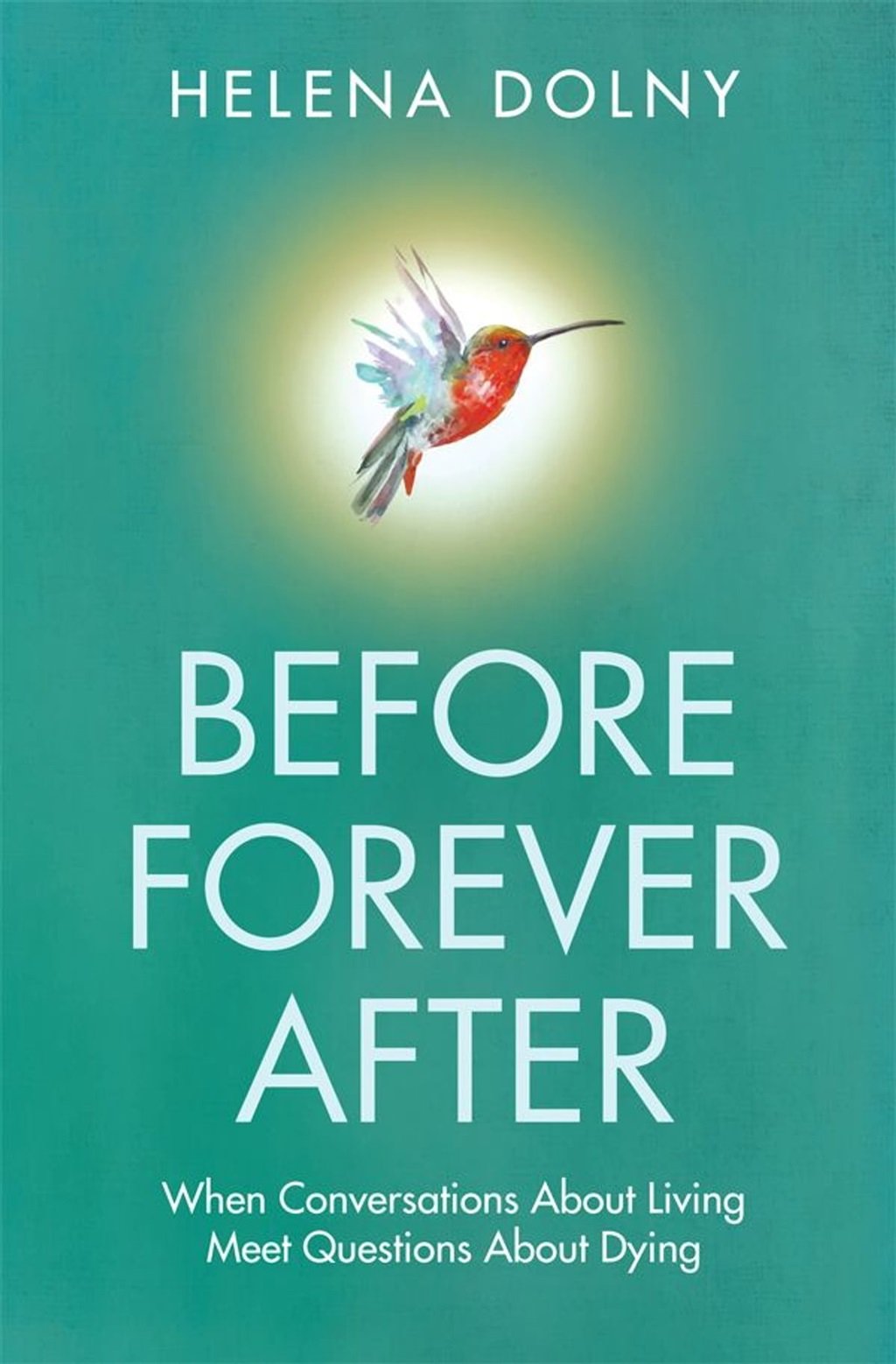
Live by Design is a weekly News24 column by Dr Helena Dolny and Mapi Mhlangu on mortality and the conversations around it.
Somewhere out there, a family is grieving the sudden and tragic loss of a loved one.
From unexpected deaths like car accidents or violence to medical emergencies like heart attacks, every loss is unique and deeply painful.
One family I know is mourning the passing of their 30-year-old daughter after she suffered from an epileptic attack while sleeping alone in her room.
This is how her mother described her death:
"She had lived and managed the disease since she was 10 years old. This week, [she] had an unexpected attack while visiting her grandmother who lives nearby. The attack was different; it happened at night, and nobody heard anything.
They discovered her in the morning. Doctors who declared her death said she had multiple attacks in her sleep, which caused her to die. It is hard, sad, painful. However, there is an element of relief. The family and her brothers loved her but wished she had a healthier life. In the past two years, her memory was getting worse. She forgot people's names and anything that she was told."
Her mother is shattered by the loss, grappling with feelings of guilt and sorrow as she wonders about what could have been done differently and if her daughter's suffering could have been prevented.
There are many 'what ifs'.
Her struggle with severe epilepsy impacted her entire life, from childhood to adulthood. As a mother, she prioritised her well-being and showered her with unconditional love.
There is a temptation from her friends to change her 'what ifs' to 'even ifs'. But how do you tell someone who is overwhelmed by complex emotions that there is a better way to feel and process their pain?
Their daughter's death has shaken them to their core. But, by acknowledging and processing their emotions, seeking support from others, and actively working to find meaning in the loss, they are beginning to move through the grief and find a way to honour her memory.
Sudden death is a traumatic event that can leave loved ones reeling with shock and disbelief. The common reactions to sudden death include feelings of disbelief, anger, sadness, and confusion. The sudden loss of a loved one can shatter our sense of security and stability, leaving us struggling to make sense of what has happened.
However, finding a different meaning in the tragedy can be a powerful way to help those grieving cope with the loss. By shifting our perspective and looking for lessons or silver linings amid the pain, we can begin to heal and find some semblance of peace in the wake of a sudden death. One example of someone who found solace in helping others after experiencing a sudden loss is David Kessler.
After the untimely death of his son, Kessler channelled his grief into a mission to support and comfort others who were going through similar experiences.
By using his own pain as a catalyst for helping others, Kessler was able to find purpose and meaning amid his profound loss. The reaction to sudden deaths can vary depending on the circumstances surrounding the loss.
Tragic deaths, such as those resulting from shootings or car accidents, may elicit intense feelings of shock and horror. The sudden and violent nature of these deaths can leave survivors grappling with overwhelming emotions and struggling to come to terms with the senselessness of the loss.
In contrast, deaths due to natural causes, like heart attacks or unexpected events, such as someone not waking up from sleep, can also prompt a range of emotional responses. While these types of deaths may lack the traumatic and violent elements of other sudden losses, they can still be profoundly shocking and disorienting for those left behind.
Finding meaning in the face of sudden death can be a challenging and deeply personal process. It requires us to confront our grief head-on and search for ways to honour the memory of our loved ones while also finding a path forward in our own lives.
Like David Kessler, we have the power to transform our pain into purpose and use our experiences to bring comfort and understanding to others who are walking a similar path.




 Publications
Publications
 Partners
Partners













